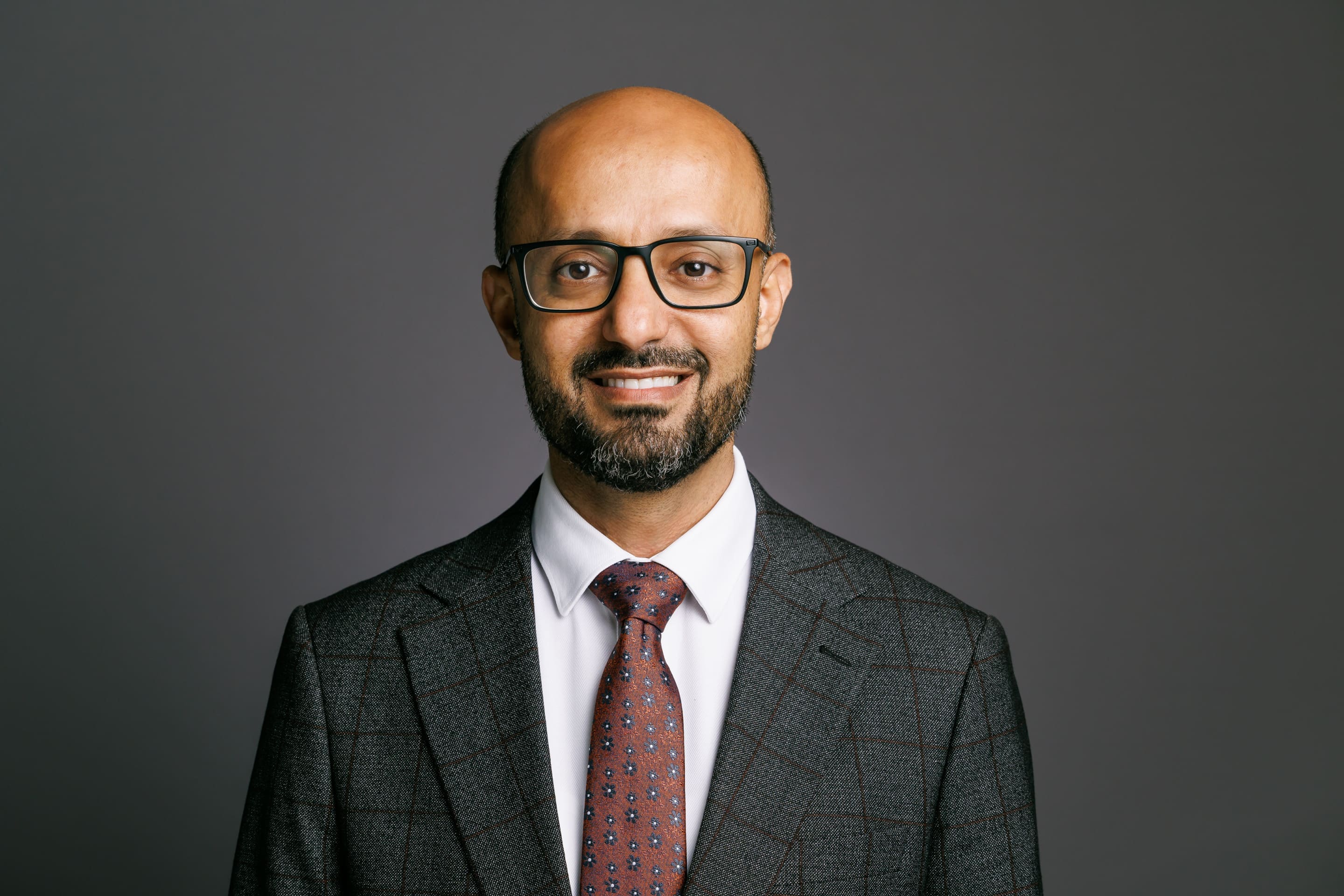Shaping a Post-Assad Syria:
Lessons from the Arab Spring
March 5, 2025
Summary
The fall of the Assad regime follows a 14-year civil war that has severely impacted Syria, resulting in mass displacement, economic collapse, and institutional erosion. While this post-Assad transition marks a significant turning point, the country faces considerable economic and social challenges. The experiences of other countries in the MENA region that have undergone leadership changes or regime collapse since 2011 highlight the difficulties of political transitions. In several cases, including Yemen, Libya, and Sudan, instability has led to prolonged civil conflict and state fragmentation, with devastating human costs. These precedents suggest that Syria’s recovery will be complex, requiring careful political and economic strategies to mitigate risks and create sustainable peace and stability.
The Middle East Council on Global Affairs organized a webinar featuring a panel of experts to explore what lessons Syria and the international community can learn from the experiences of other Arab countries that entered similar political transitions since 2011. How is the Syria case different, and in what ways is it similar to other Arab Spring countries? What must Syria do to find and stay on a path toward a peaceful and prosperous future? What lessons should the Syrian caretaker and transitional governments learn from the experiences of other regime changes in the region? What should the international community learn from the political transitions in other Arab Spring countries to support Syria’s future?
The fall of the Assad regime follows a 14-year civil war that has severely impacted Syria, resulting in mass displacement, economic collapse, and institutional erosion. While this post-Assad transition marks a significant turning point, the country faces considerable economic and social challenges. The experiences of other countries in the MENA region that have undergone leadership changes or regime collapse since 2011 highlight the difficulties of political transitions. In several cases, including Yemen, Libya, and Sudan, instability has led to prolonged civil conflict and state fragmentation, with devastating human costs. These precedents suggest that Syria’s recovery will be complex, requiring careful political and economic strategies to mitigate risks and create sustainable peace and stability.
The Middle East Council on Global Affairs organized a webinar featuring a panel of experts to explore what lessons Syria and the international community can learn from the experiences of other Arab countries that entered similar political transitions since 2011. How is the Syria case different, and in what ways is it similar to other Arab Spring countries? What must Syria do to find and stay on a path toward a peaceful and prosperous future? What lessons should the Syrian caretaker and transitional governments learn from the experiences of other regime changes in the region? What should the international community learn from the political transitions in other Arab Spring countries to support Syria’s future?
Moderator: Nader S. Kabbani, Senior Fellow and Director of Research
Speakers:
- Ala Qasem, CEO of DeepRoot Consulting, Yemen
- Eya Jrad, Researcher and Assistant Professor of Security Studies and Criminal Justice, Tunisia
- Tarek Megerisi, Policy fellow at the European Council on Foreign Relations
Ala Qasem, CEO of DeepRoot Consulting, Yemen
- The outcome of the conflict, the balance of power, and available resources all shape how a country moves forward. Syria must recognize its unique circumstances while also learning from the broader trends seen in previous Arab transitions.
- In Yemen, an extensive political transition process, including a lengthy national dialogue and constitutional drafting, took priority over economic concerns. As a result, economic instability worsened, leading to increased public dissatisfaction and weakening support for the transition. Syria must avoid neglecting economic issues while restructuring its political system.
- Overloading the reform agenda can be counterproductive. Yemen attempted to tackle numerous reforms simultaneously ranging from budget restructuring to subsidy removals and anti-corruption measures which overwhelmed the system. Syria should adopt a phased approach, focusing on realistic goals rather than attempting to overhaul everything at once.
- The international community often imposes unrealistic expectations on transitional governments. In Yemen, external actors pushed for rapid progress, leading to rushed decisions and unmet promises. Syria must ensure that international partnerships align with the country’s actual capacities and needs rather than being dictated by external pressures.
- External powers often believe they can “manage chaos,” but such strategies have repeatedly failed. In Yemen and elsewhere, regional and international actors have sought to influence outcomes by supporting specific factions or interfering in governance. Syria must be wary of foreign involvement that prioritizes external interests over national stability.
- Inclusion and negotiation are key to transition success. Transitional leaders must master the art of negotiation, making calculated concessions while maintaining control over the process. Engaging with various factions, including opposition groups and marginalized communities, will be crucial to ensuring broad-based support for Syria’s new governance structure.
Eya Jrad, Researcher and Assistant Professor of Security Studies and Criminal Justice, Tunisia
- Tunisia’s transition faced significant instability due to the absence of predictability and trust in governance. The process focused primarily on legal and procedural changes, such as constitutional drafting and elections, while failing to address deeper social and economic grievances. As a result, stability remained elusive, and trust in democratic institutions deteriorated over time.
- Constitutional ambiguities and power struggles between the president and the head of government created deadlocks that made governance ineffective. The lack of a strong constitutional court to mediate disputes exacerbated political instability. Without clear power-sharing arrangements, Syria risks repeating Tunisia’s mistakes and fostering a fragile political environment.
- Enforcing political agreements and institutional stability proved to be a major challenge in Tunisia. While short-term compromises were sometimes achieved, they often unraveled due to weak enforcement mechanisms. A similar scenario in Syria could lead to recurring instability, where agreements are reached but ultimately fail due to a lack of implementation and accountability.
- Frequent government reshuffling made long-term policymaking impossible, as Tunisia saw over ten different governments within a decade. Economic reforms were repeatedly abandoned or altered, making it difficult to achieve meaningful progress. Syria must ensure continuity in governance and policy implementation to maintain stability and encourage investment.
- The failure of transitional justice and security sector reform played a major role in Tunisia’s instability. The transitional justice process was politicized, and security forces continued human rights abuses, undermining public confidence in the system. Syria must learn from this by ensuring that justice mechanisms are transparent and that security sector reform is a priority.
- Economic grievances, including austerity measures imposed by the IMF, disproportionately affected ordinary citizens while elites remained insulated. The public viewed economic policies as unfair, fueling dissatisfaction and nostalgia for authoritarian rule. Syria must be cautious about adopting economic policies that disproportionately burden the lower classes, as this could lead to widespread resentment.
- The role of civil society in Tunisia was limited to acting as a mediator rather than a full governance partner. Instead of simply monitoring the government, civil society organizations should play an active role in decision-making. Syria’s transition will benefit from an empowered civil society that helps maintain accountability and represents diverse societal interests.
Tarek Megerisi, Policy Fellow at the European Council on Foreign Relations
- A revolution cannot succeed without economic stability and if a transition fails to provide jobs, food security, and economic empowerment, public support will erode. In post-revolution Tunisia and Libya, economic stagnation turned citizens against the transition, making it easier for authoritarian or counter-revolutionary forces to regain power. Syria must prioritize economic revival alongside political restructuring.
- Many post-Arab Spring transitions were shaped by political elites who excluded ordinary citizens from decision-making. If Syria follows a similar path, there is a high risk of public disillusionment, weak legitimacy, and renewed instability.
- External powers, particularly counter-revolutionary forces, will seek to undermine Syria’s transition. The presence of regional actors with vested interests, such as Israel, Russia, and the United States, creates additional complexity. These actors may attempt to manipulate internal divisions and support rival factions, making it essential for Syria to safeguard its sovereignty and resist foreign influence.
- Tunisia’s post-revolution borrowing placed it in long-term economic distress, demonstrating how external debt can hinder progress. Syria must carefully negotiate financial assistance to avoid being trapped in an unsustainable economic model.
- Institutional weakness and bureaucratic inefficiency have plagued post-revolutionary states. Many governments in the region relied on bloated public sectors for employment, making meaningful governance reforms difficult. Syria must ensure that state institutions are restructured to promote efficiency and long-term sustainability rather than serving as a tool for political patronage.
- A fragmented security landscape can destabilize a transition. In Libya, the failure to integrate militias into a unified military force led to long-term instability and armed rivalries. Syria must take decisive steps to unify security forces, prevent factionalism, and establish clear chains of command to avoid similar instability.
The webinar concluded with reflections on Syria’s path forward, emphasizing gradual reforms, institutional stability, and economic recovery. The Q&A session addressed international influence, sanctions, and national unity, with panelists stressing the need for strategic engagement with foreign powers while maintaining sovereignty. Discussions highlighted the importance of inclusive governance and cautioned against rushed economic reforms that could harm ordinary citizens. The session ended on a note of hope and opportunity, with a call to learn from past transitions to ensure a stable and prosperous Syria.
Speakers

Ala Qasem
CEO of DeepRoot Consulting, Yemen


